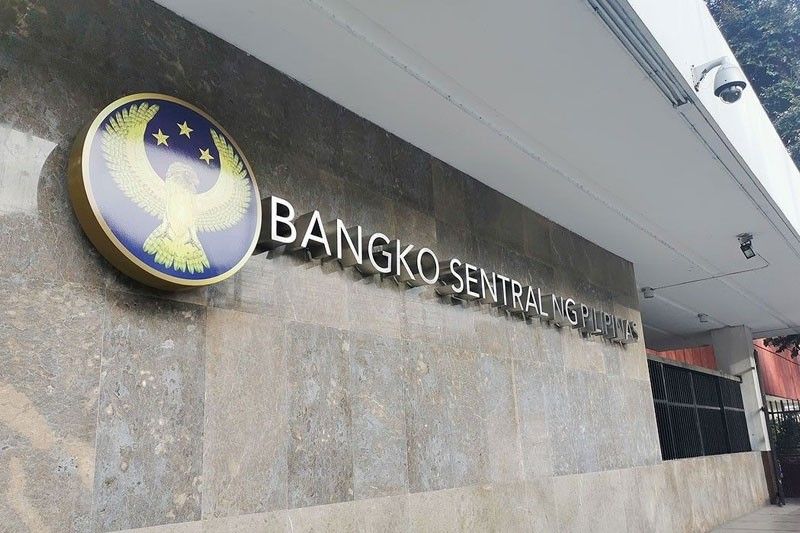Growth falls short of government target – BSP

‘GDP expansion steady at 5.9 % in Q4’
MANILA, Philippines — The Philippine economy maintained the pace of economic growth in the fourth quarter and likely missed the six to seven percent target penned by economic managers, according to the Bangko Sentral ng Pilipinas.
BSP director Dennis Lapid said gross domestic product (GDP) likely grew by 5.9 percent in the fourth quarter, mirroring the expansion recorded in the third quarter.
“Some of our models are showing a relatively strong Q4 outlook similar to Q3,” Lapid said.
GDP growth accelerated to 5.9 percent in the third quarter as government spending bounced back after slumping to 4.3 percent in the second quarter from 6.4 percent in the first quarter.
The economy expanded by 5.5 percent from January to September, lower than the six to seven percent target set by the Cabinet-level Development Budget Coordination Committee (DBCC).
It needs to grow by at least 7.2 percent in the fourth quarter to meet the lower end of the target range.
If GDP expanded by 5.9 percent in the fourth quarter as projected by the BSP, economic growth would slow to 5.6 percent this year from last year’s 7.6 percent.
The Philippines emerged from the pandemic-induced recession with a GDP growth of 5.7 percent in 2021 after contracting by 9.5 percent in 2020 as the economy stalled due to strict COVID-19 quarantine and lockdown protocols.
Aside from lower government spending, the recent economic slowdown was also traced to the aggressive rate hikes delivered by the BSP’s Monetary Board that dragged consumption.
The central bank has raised key policy rates by 450 basis points since May last year to tame inflation and stabilize the peso. This brought the benchmark interest rate to a 16-year high of 6.50 percent, the highest since the 7.50 percent recorded in May 2007, from an all-time low of two percent at the height of the global health crisis.
Inflation averaged 6.2 percent from January to November, higher than the central bank’s two to four percent target range. The rise in the prices of essential goods and services slowed to a 20-month low of 4.1 percent in November from a peak of 8.7 percent last January.
Despite emerging as the most aggressive central bank in the region, BSP Governor Eli Remolona Jr. said key policy rates in the country continue to support economic growth.
“When we have to tighten monetary policy to bring inflation down, we try to do it in a way in which we don’t tighten unnecessarily. We don’t want to tighten so that it affects growth,” Remolona said.
The BSP sees inflation easing to within the two to four percent target range in the first quarter of next year and spiking in the second quarter due to base effects and the impact of El Niño.
Lapid believes that the impact of the El Niño climate phenomenon on inflation is about 0.02 percentage point, including the extended impact until the second quarter of 2024.
- Latest
- Trending



























